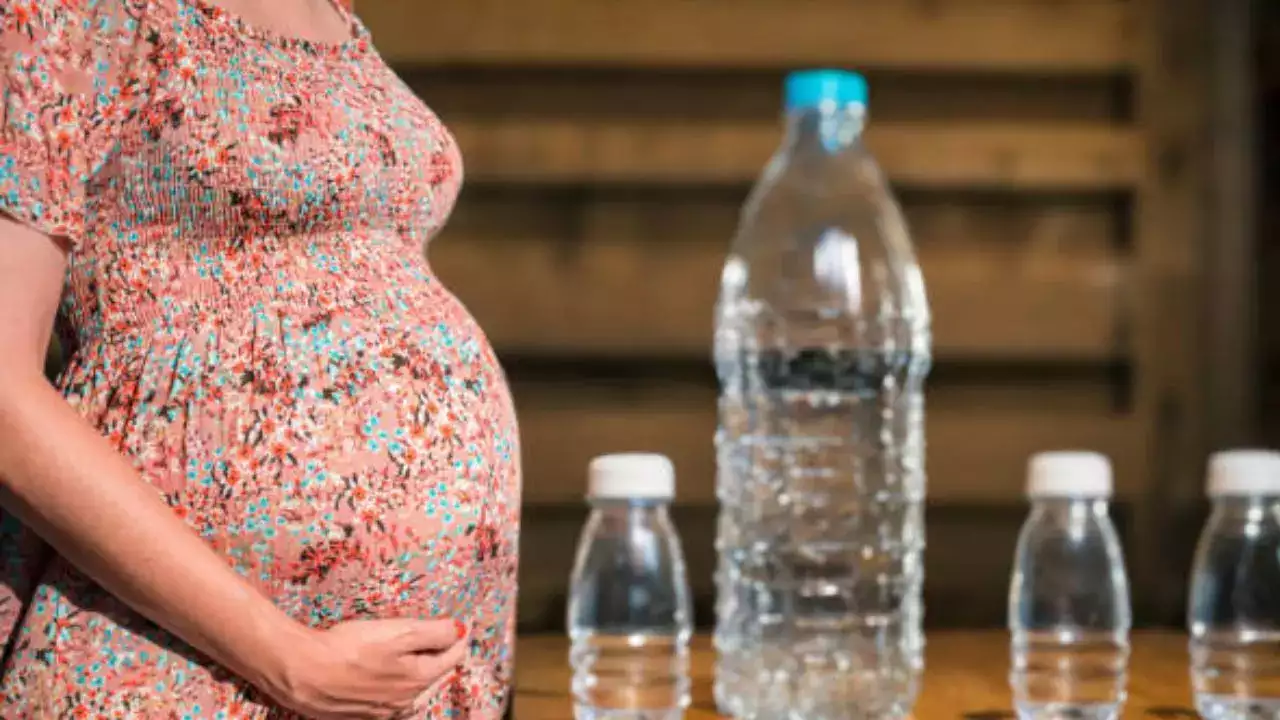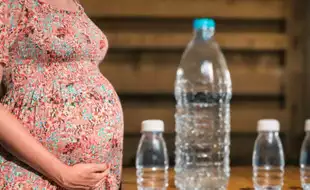
Is Plastic Pollution Causing Premature Births? New Study Says Yes! (Image Credits: iStock)
A new study has revealed a concerning connection between microplastic pollution and premature births, raising fresh questions about how these tiny particles might be affecting human health. Researchers found significantly higher levels of microplastics in the placentas of preterm births compared to full-term pregnancies, sparking concerns about their potential role in pregnancy complications.
Microplastics: A Hidden Threat
Microplastics—tiny plastic fragments resulting from the breakdown of plastic waste—have infiltrated almost every part of our environment. From food and water to the air we breathe, these particles are unavoidable. Scientists have previously detected microplastics in human organs such as the brain, liver, and breast milk. However, finding them in placentas, particularly in higher concentrations in preterm births, is a startling revelation.
The study, conducted in Houston and presented at the Society for Maternal-Fetal Medicine’s annual meeting in Denver, analyzed 175 placentas—100 from full-term births (averaging 37.2 weeks) and 75 from preterm births (averaging 34 weeks). Results showed that preterm placentas contained an average of 203 micrograms of plastic per gram of tissue (µg/g), over 50 per cent more than the 130µg/g found in full-term placentas.
Common plastics such as PET (used in plastic bottles), PVC, polyurethane, and polycarbonate were identified in the placentas, highlighting that environmental exposure plays a significant role in plastic accumulation in the body.
Findings Of The Study
One of the most surprising findings of the study was that shorter pregnancies had higher levels of microplastics. Typically, one would expect that the longer a pregnancy lasts, the more plastic particles would accumulate. However, the study found the opposite.
“This was a big surprise,” said Dr. Enrico Barrozo of Baylor College of Medicine, one of the study’s lead researchers. The reason behind two-thirds of premature births remains unknown, making this study an essential step toward identifying potential environmental risk factors.
Scientists have long linked air pollution to premature births, leading them to investigate whether microplastics—often present in polluted air—could also be contributing to this issue.
Microplastics and Pregnancy
Although the study does not establish a direct cause-and-effect relationship between microplastics and premature births, the findings are concerning. Microplastics are known to cause inflammation in human cells, and inflammation is a major trigger for labour. Could this be why pregnancies exposed to higher levels of plastic end earlier?
Since 2020, microplastics have been detected in various human tissues, including semen, breast milk, brains, livers, and even bone marrow. Some studies have linked them to strokes and heart attacks, suggesting they could be more than just environmental pollutants—they might be silent contributors to serious health problems.
What Can Be Done?
Professor Kjersti Aagaard of Boston Children’s Hospital explains the need to raise awareness about plastic exposure and its potential health risks.
“Our study hints at the possibility that the accumulation of plastics could be contributing to preterm birth. Combined with other recent research, this study adds to the growing evidence that plastic exposure poses real risks to human health,” she said.
While these findings are alarming, they also show the need for further research. Scientists are now calling for additional studies to determine whether reducing plastic exposure can lower the risk of premature births.
From policy changes to personal lifestyle adjustments, reducing exposure to plastics may soon become a critical public health priority. Expectant mothers and those planning to conceive may need to be more mindful of their plastic consumption.
Get Latest News Live on Times Now along with Breaking News and Top Headlines from Health and around the world.

